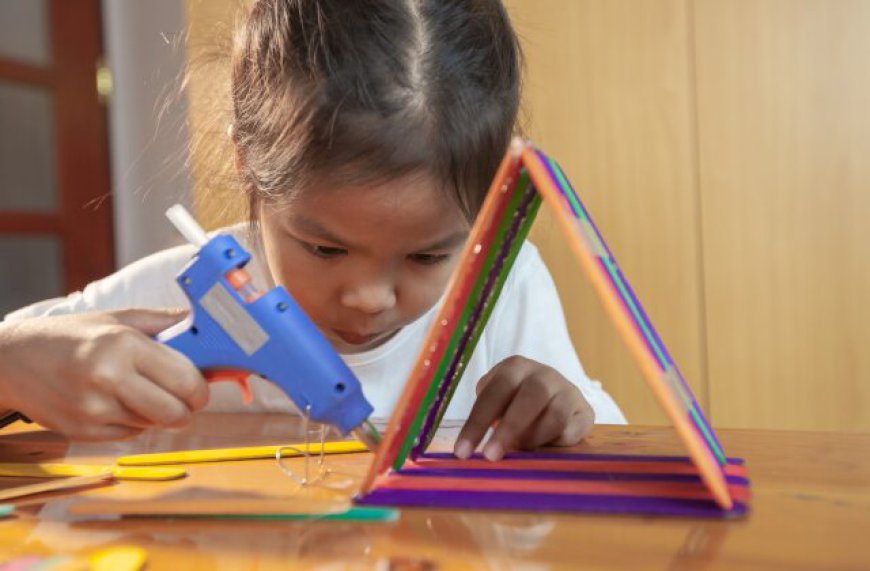Introducing children to STEM (Science, Technology, Engineering, and Mathematics) activities early on can spark a lifelong interest in these fields.
Here, we highlight ten engaging STEM activities that are both educational and fun for children.
Building with LEGO
LEGO sets are a fantastic way to introduce engineering concepts. Children can follow instructions to build specific structures or use their creativity to design their own. This activity enhances problem-solving and spatial awareness.

Science Experiments at Home
Simple experiments, like creating a baking soda and vinegar volcano, are excellent for teaching basic scientific principles. These hands-on activities make learning about chemical reactions fun and memorable.
Coding with Scratch
Scratch is a free online platform that introduces children to coding. With its drag-and-drop interface, kids can create their own games and animations, learning the basics of programming logic and design.
Nature Walks and Observations
Taking a nature walk and observing different plants, animals, and insects can teach children about biology and ecology. Encourage them to take notes and draw what they see to enhance their observation and documentation skills.
Math Games
Incorporate math into daily activities with games like Sudoku, Math Bingo, or even simple card games that involve counting and strategy. These activities help children improve their math skills in a fun and interactive way.
DIY Weather Station
Creating a weather station with tools like a thermometer, barometer, and rain gauge can teach children about meteorology. They can record daily weather conditions and learn to predict future weather patterns.
Robotics Kits
Robotics kits, such as those from VEX or LEGO Mindstorms, allow children to build and program their own robots. This activity combines engineering and computer science, providing a comprehensive STEM experience.
Kitchen Chemistry
Cooking and baking involve many scientific principles. Measuring ingredients, observing chemical changes, and understanding temperatures can all turn kitchen time into a fun learning experience.
Planting a Garden
Gardening teaches children about botany, ecology, and environmental science. They can learn about plant life cycles, photosynthesis, and the importance of sustainability while getting their hands dirty.
Astronomy Nights
Using a telescope or even just stargazing can introduce children to astronomy. Learning about constellations, planets, and the moon encourages curiosity about the universe and our place in it.
These STEM activities are designed to engage children’s curiosity and creativity while teaching them valuable skills and concepts. By incorporating these activities into their routine, parents and educators can inspire a passion for STEM in young learners.
Follows Us for More Updates
Like Us on Facebook Page :
Click Here
Like Us on Instagram :
Click Here






























